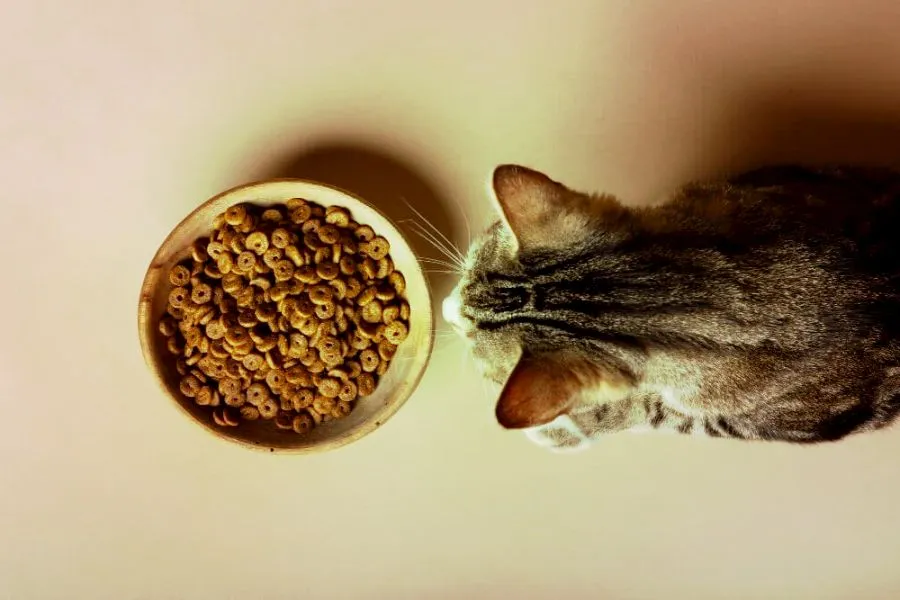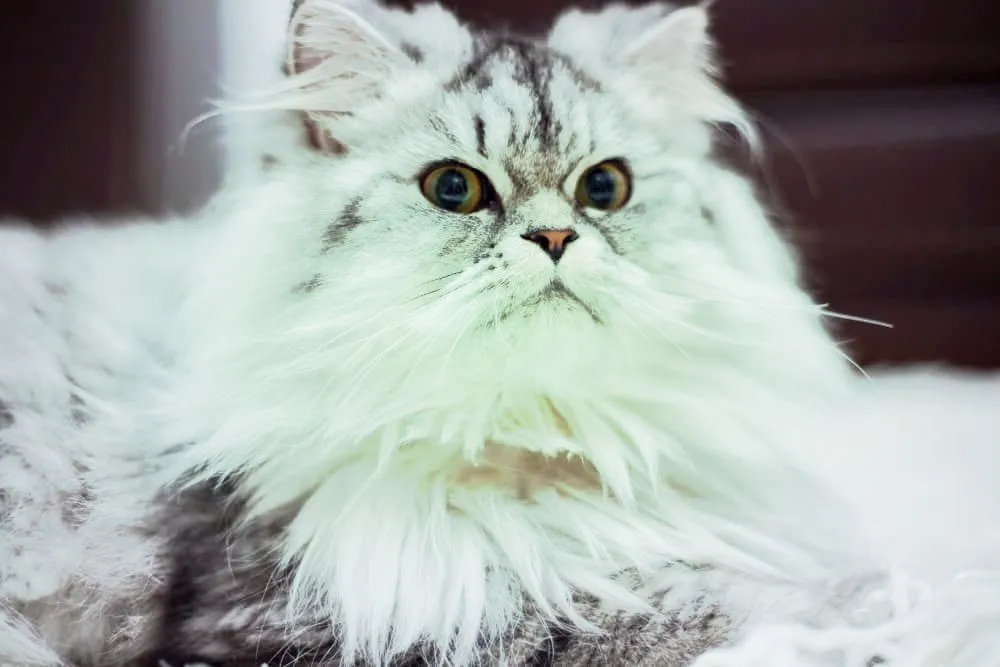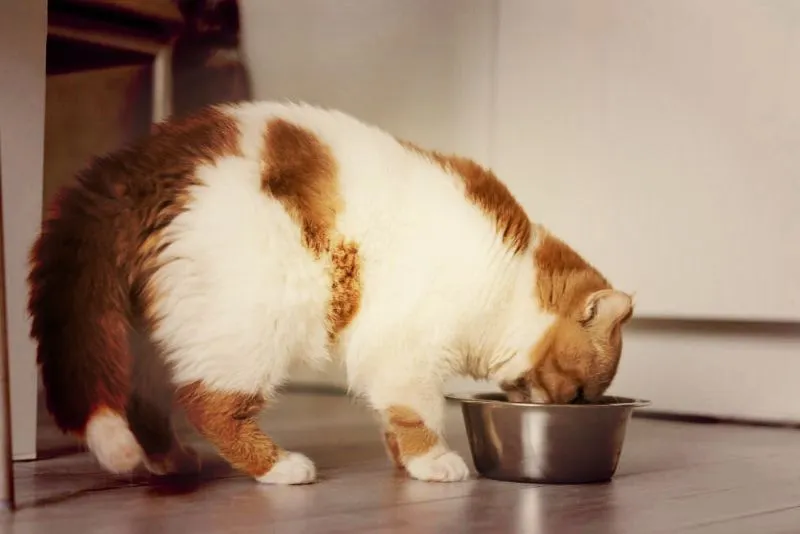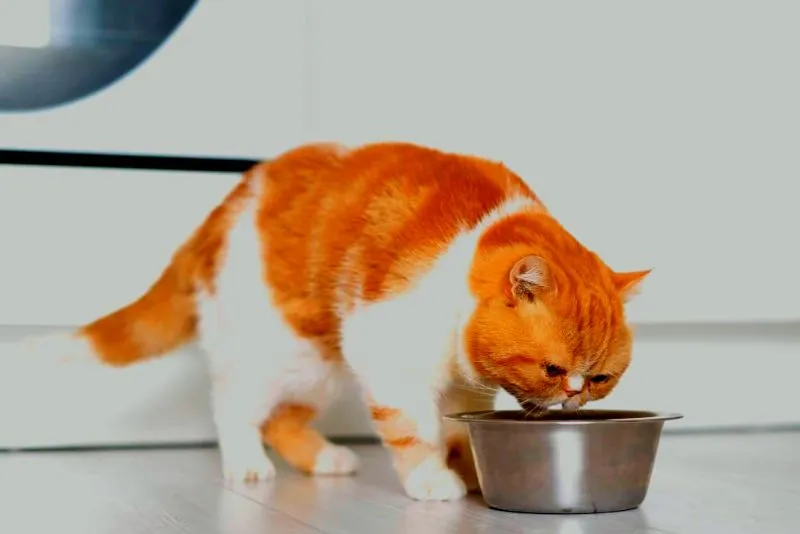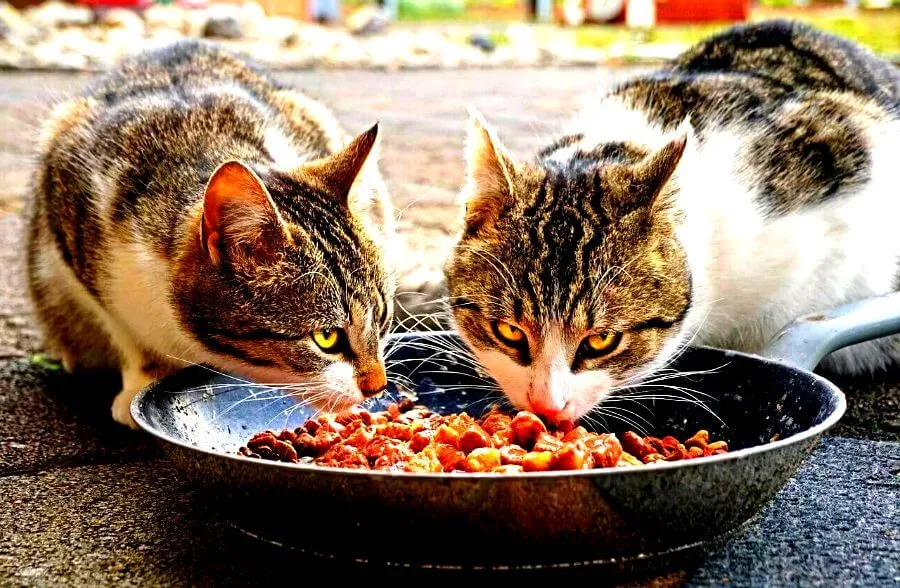
Food allergies in cats occur when their immune system overreacts to certain types of food, leading to various symptoms and discomfort. A well-rounded introduction to this topic would delve into the prevalence of food allergies in cats and the importance of identifying and managing these allergies for their overall health and well-being.
It would further discuss the common signs and symptoms of food allergies in cats, such as gastrointestinal issues, skin irritations, and respiratory problems.
Additionally, the introduction could touch upon the potential causes of food allergies in cats, including specific ingredients in their diet. Understanding and addressing food allergies is crucial for the optimal health and quality of life of our feline friends.
What Are Food Allergies in Cats?
Food allergies in cats can be a common and frustrating issue for both cats and their owners. These allergies occur when a cat’s immune system has an adverse reaction to certain ingredients in their food.
The signs of a food allergy in cats can vary, but often include vomiting, diarrhea, skin rashes, and itchiness. It is important for cat owners to be able to recognize the symptoms of food allergies and seek veterinary care if necessary.
Identifying the specific ingredient causing the allergy can be a challenge, as cats can be allergic to a wide range of food items. Your veterinarian may recommend conducting an elimination diet to determine which ingredient is causing the allergic reaction.
Once the allergen is identified, it is crucial to avoid feeding the cat any foods that contain that particular ingredient. With proper management and diet, cats with food allergies can lead healthy and comfortable lives.
Symptoms of Food Allergies in Cats
Food allergies in cats can cause a variety of symptoms that can be easily overlooked or confused with other health issues. Cats with food allergies may experience gastrointestinal problems such as vomiting, diarrhea, or constipation. Additionally, they may exhibit skin-related symptoms like itchiness, redness, and hair loss.
Other signs of food allergies may include frequent ear infections, respiratory issues like sneezing or coughing, and even behavioral changes. If you suspect that your cat may have food allergies, it is important to consult with a veterinarian for proper diagnosis and treatment.
They may recommend an elimination diet or allergy testing to determine the specific food allergens affecting your cat. Remember, early detection and appropriate management are crucial to ensuring your feline companion’s health and well-being.
Common Foods Cats Are Allergic To
Food allergies in cats can be quite common, and cat owners need to be aware of the foods that can trigger allergic reactions in their furry friends. Some common foods that cats are allergic to include fish, beef, dairy products, and poultry.
These allergens can cause a range of symptoms in cats, including skin irritations, itching, digestive issues, and even respiratory problems. It’s essential for cat owners to carefully monitor their pet’s diet and avoid feeding them any foods that they have shown allergic reactions to in the past.
If you suspect that your cat may be allergic to certain foods, it’s best to consult with a veterinarian who can conduct tests and provide guidance on the best diet for your furry friend. By being mindful of food allergies in cats, you can ensure their health and well-being.
Treatment of Food Allergies in Cats
Food allergies in cats can be a challenging condition to manage. The first step in treating food allergies in cats is to identify the specific allergen causing the reaction.
This can be done through an elimination diet, where certain ingredients are removed from the cat’s diet and reintroduced one at a time to determine which ones are causing the allergic reaction.
Once the allergen is identified, the next step is to eliminate it from the cat’s diet completely. This may involve transitioning the cat to a hypoallergenic or limited-ingredient diet. In some cases, additional medications or supplements may be recommended to help manage symptoms.
It is important to closely monitor the cat’s progress and work closely with a veterinarian to ensure the most effective treatment plan. By following these guidelines, cat owners can help their feline friends live a more comfortable and allergy-free life.
FAQs on Food Allergies in Cats
Q: How Do You Tell If My Cat is Allergic to His Food?
A: To determine if your cat has a food allergy, watch for symptoms such as vomiting, diarrhea, itching, or skin inflammation. Consult your veterinarian for a proper diagnosis and a possible elimination diet.
Q: What Are the Most Allergenic Foods for Cats?
A: Cats can be allergic to a variety of foods, but some common allergens include fish, dairy products, wheat, and beef. Avoiding these ingredients in their diet can help prevent allergic reactions in cats.
Q: What Is the Most Common Cat Allergy?
A: The most common cat allergy is caused by a protein called Fel D1 found in cat saliva, skin, and urine.
A Final Word
Overall, understanding food allergies in cats is crucial for their health and well-being. By identifying and avoiding allergenic ingredients, such as grains, dairy, and certain proteins, cat owners can help prevent uncomfortable symptoms and potential long-term health issues.
It’s important to consult with a veterinarian to determine the best diet for your cat, considering their specific needs and allergies.
Providing a balanced and allergen-free diet will enhance their quality of life, ensuring a happy and healthy feline companion.


